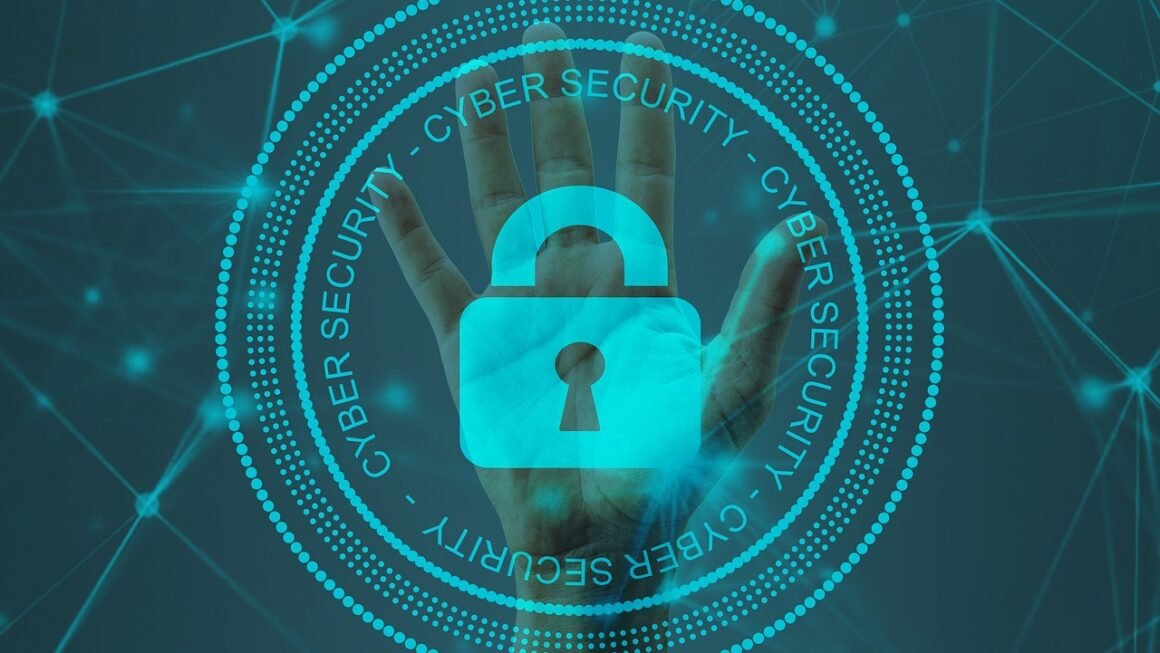Imagine a world where investing in real estate, art, or even a startup is as easy as buying shares of a company on the stock market. That’s the promise of security tokens, a revolutionary technology that is transforming the traditional financial landscape. By representing ownership of assets on a blockchain, security tokens offer increased accessibility, liquidity, and efficiency, opening up new possibilities for investors and issuers alike. This post will delve into the world of security tokens, exploring their benefits, regulations, and potential impact on the future of finance.
What are Security Tokens?
Defining Security Tokens
Security tokens are digital representations of ownership in an asset, such as equity, debt, or real estate, issued and managed on a blockchain. Unlike utility tokens, which grant access to a specific product or service, security tokens are subject to securities regulations, similar to traditional stocks and bonds. This classification provides investors with legal protection and ensures compliance with established financial laws.
Security Tokens vs. Utility Tokens
It’s crucial to distinguish between security tokens and utility tokens:
- Security Tokens: Represent ownership or a financial interest in an asset. They are subject to securities laws.
Example: Tokenized shares of a real estate investment trust (REIT).
- Utility Tokens: Provide access to a product or service within a specific ecosystem. They are generally not considered securities.
Example: A token used to pay for services on a decentralized cloud storage platform.
The Role of Blockchain Technology
Blockchain technology is the backbone of security tokens. It provides:
- Transparency: All transactions are recorded on a public, immutable ledger.
- Security: Cryptographic techniques ensure the integrity and security of the token.
- Efficiency: Automates many processes involved in issuing and managing securities.
- Fractional Ownership: Allows for splitting ownership of assets into smaller, more affordable units.
Benefits of Security Tokens
Increased Liquidity
One of the most significant advantages of security tokens is the potential for increased liquidity. Traditional assets, such as real estate or private equity, can be difficult to buy and sell quickly. Security tokens make these assets more liquid by:
- Enabling Fractional Ownership: Investors can purchase smaller portions of an asset, making it more accessible and affordable.
- 24/7 Trading: Security token exchanges operate around the clock, allowing investors to trade at any time.
- Global Accessibility: Investors from anywhere in the world can participate, expanding the potential market.
Enhanced Transparency and Security
Blockchain technology ensures greater transparency and security compared to traditional securities.
- Immutable Record: Transactions are recorded on an immutable ledger, reducing the risk of fraud or manipulation.
- Smart Contracts: Automate processes such as dividend payments and voting rights, eliminating intermediaries and reducing costs.
- Enhanced Compliance: Smart contracts can be programmed to automatically enforce regulatory requirements.
Reduced Costs
Security tokens can significantly reduce the costs associated with issuing and managing securities.
- Lower Issuance Costs: Eliminates the need for intermediaries such as investment banks and brokers.
- Reduced Administrative Costs: Automates processes such as shareholder registration and dividend distribution.
- Increased Efficiency: Streamlines the entire lifecycle of a security, from issuance to trading.
Democratization of Investment
Security tokens open up investment opportunities to a wider range of investors.
- Lower Minimum Investment Amounts: Fractional ownership makes it possible to invest in high-value assets with smaller amounts of capital.
- Greater Accessibility: Investors from anywhere in the world can participate, regardless of their location or wealth.
- Increased Transparency: Provides investors with more information about the underlying assets.
Regulatory Landscape
Current Regulations
The regulatory landscape for security tokens is still evolving, but several jurisdictions have provided guidance. Key regulatory bodies include:
- The U.S. Securities and Exchange Commission (SEC): Treats security tokens as securities and requires compliance with existing securities laws.
- The Financial Conduct Authority (FCA) in the UK: Has issued guidance on cryptoassets, including security tokens.
- The Swiss Financial Market Supervisory Authority (FINMA): Has provided clarity on the regulatory treatment of security tokens.
Key Considerations for Issuers
Issuers of security tokens must comply with securities laws in the jurisdictions where they are offered. This includes:
- Registration Requirements: Registering the offering with the relevant regulatory authorities.
- Disclosure Requirements: Providing investors with detailed information about the issuer, the asset, and the risks involved.
- Compliance with Anti-Money Laundering (AML) and Know Your Customer (KYC) Regulations: Verifying the identity of investors and ensuring compliance with anti-money laundering laws.
The Future of Regulation
As the security token market matures, regulatory frameworks are expected to become clearer and more standardized. This will provide greater certainty for issuers and investors, fostering growth and innovation in the industry.
Practical Applications of Security Tokens
Real Estate Tokenization
Real estate is a prime example of an asset that can benefit from tokenization.
- Example: A real estate company tokenizes a commercial property, allowing investors to purchase fractions of the property.
- Benefits: Increased liquidity, lower investment threshold, and global accessibility.
- Impact: Makes real estate investment more accessible to a wider range of investors.
Private Equity Tokenization
Tokenizing private equity can increase liquidity and accessibility.
- Example: A private equity fund tokenizes its shares, allowing investors to trade them on a secondary market.
- Benefits: Increased liquidity, reduced lock-up periods, and access to a broader investor base.
- Impact: Enables smaller investors to participate in private equity investments.
Tokenization of Art and Collectibles
Art and collectibles can be tokenized to fractionalize ownership and improve liquidity.
- Example: An art gallery tokenizes a valuable painting, allowing investors to purchase shares of the artwork.
- Benefits: Fractional ownership, increased liquidity, and potential for price appreciation.
- Impact: Opens up art investment to a wider audience.
Tokenization of Debt
Security tokens can be used to represent debt instruments, such as bonds and loans.
- Example: A company issues tokenized bonds on a blockchain, allowing investors to purchase and trade them.
- Benefits: Reduced issuance costs, increased transparency, and improved efficiency.
- Impact: Streamlines the process of issuing and managing debt instruments.
Conclusion
Security tokens represent a paradigm shift in the world of finance, offering increased liquidity, transparency, and efficiency. While the regulatory landscape is still evolving, the potential benefits of security tokens are undeniable. As technology advances and regulations become clearer, we can expect to see widespread adoption of security tokens across various asset classes, transforming the way we invest and manage assets in the future. The key takeaway is that security tokens are not just a passing trend, but a fundamental shift towards a more accessible, transparent, and efficient financial ecosystem.



